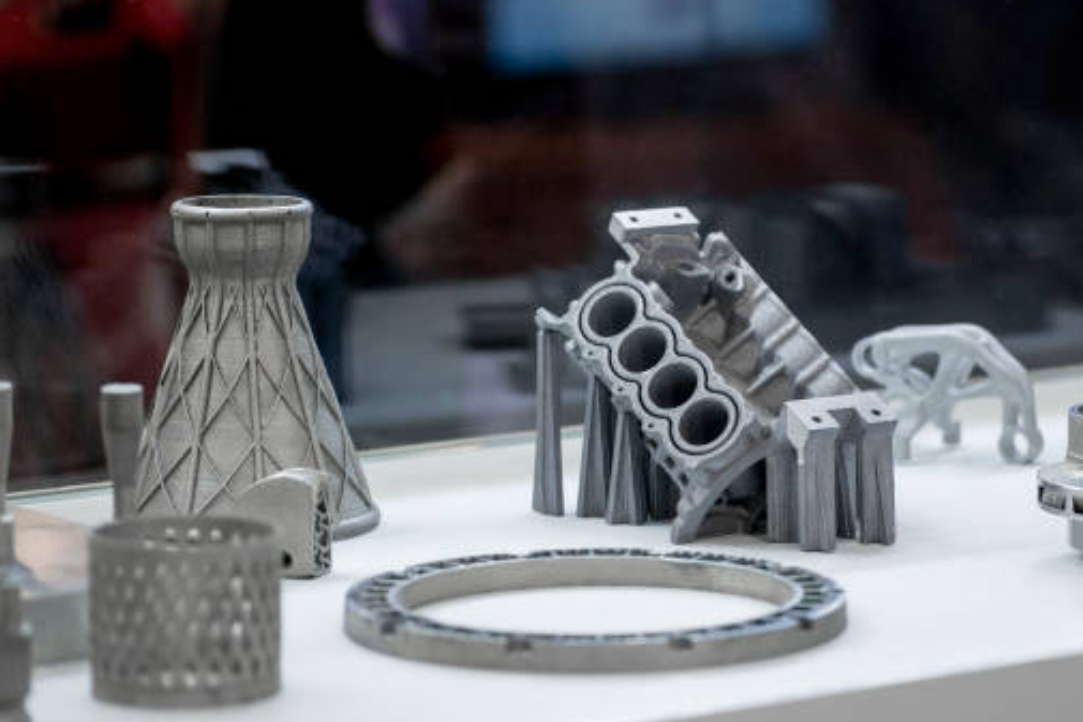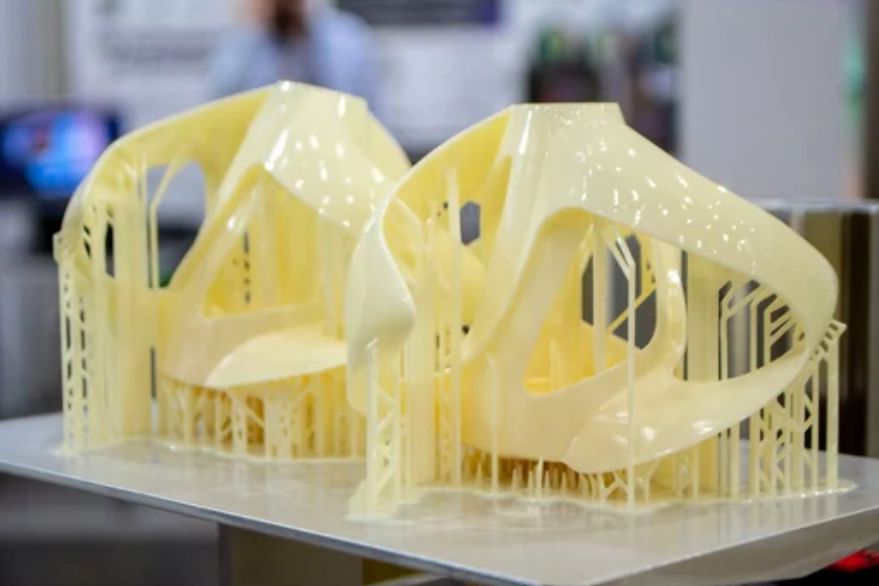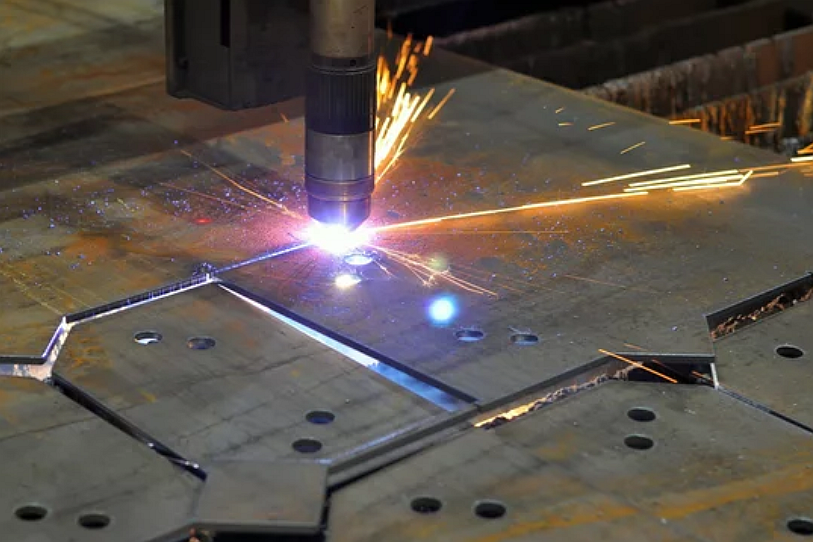Why is laser cutting preferred over mechanical cutting in precision manufacturing?
Why Is Laser Cutting Preferred Over Mechanical Cutting in Precision Manufacturing?
Non-Contact Cutting for Superior Precision
Laser cutting is a non-contact process, which means there is no mechanical force applied to the material. This eliminates tool deflection, vibration, and physical wear, allowing for consistent ±0.01 mm tolerances—critical for medical devices, aerospace parts, and high-precision enclosures in telecommunication.
Narrow Kerf and Minimal Material Loss
The laser beam produces a narrow kerf width (as small as 0.1 mm), reducing waste and enabling tighter nesting of parts on raw sheets. Compared to mechanical blades or milling, this improves material utilization by up to 15–20%, a key advantage in cost-sensitive mass production.
Minimal Heat-Affected Zone (HAZ)
Laser cutting generates a localized HAZ typically under 0.5 mm, reducing thermal distortion and maintaining material integrity. In contrast, mechanical processes can create broader zones of stress or deformation due to frictional heating and mechanical load.
Faster Processing of Complex Geometries
Laser systems excel at cutting complex contours, micro-perforations, and intricate profiles without tool changeovers. This flexibility boosts throughput for high-mix, low-volume production, ideal for custom parts in industries such as consumer electronics and EV components.
Reduced Secondary Operations
Due to the high surface quality (Ra ≤ 1.6 µm) and clean edges, laser-cut parts often require no deburring or finishing, unlike mechanical cuts that may leave tool marks or burrs. This streamlines the post-processing phase and shortens lead time.
Automation and Integration
Laser cutting systems are easily integrated with CNC machining, robotics, and real-time monitoring, enabling fully automated workflows. This boosts manufacturing efficiency and quality consistency across large production runs.
Manufacturing Services for High-Precision Laser-Cut Parts
Neway provides advanced laser cutting services tailored for precision manufacturing. With 20+ years of experience, ±0.01 mm tolerance control, and global delivery, we help clients reduce waste, cut lead time, and scale production efficiently.



